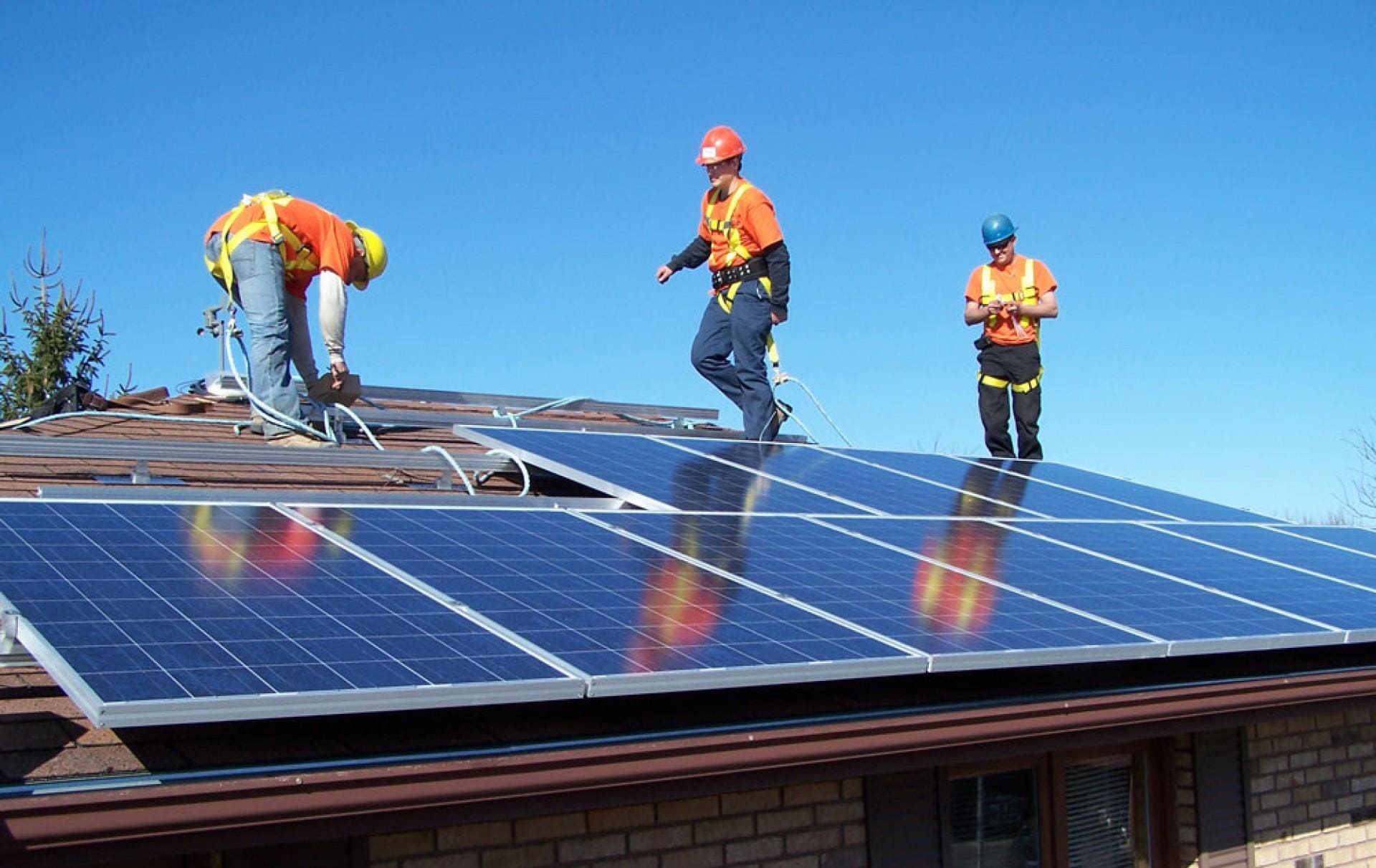
The global energy landscape is transforming. Societies increasingly recognize the imperative for sustainable practices, shifting from conventional energy sources to innovative alternatives. This marks a pivotal moment, steering us towards a future where energy independence and environmental stewardship are tangible realities.
At the forefront of this revolution stands solar energy, clean power harvested directly from the sun. Its widespread adoption is a fundamental re-evaluation of how we power our lives. This abundant, renewable resource offers a compelling pathway to mitigate environmental impact and foster a resilient energy infrastructure.
Embracing solar living means unprecedented self-sufficiency. Imagine homes and businesses generating their own electricity, reducing dependency on external grids and volatile energy markets. This autonomy empowers individuals and organizations, offering stability and control over energy consumption.
Beyond ecological merits, solar power presents significant long-term economic advantages. By harnessing the sun's energy, users anticipate substantial reductions in operational expenses. This economic prudence, coupled with environmental benefits, makes solar a compelling proposition for modern energy management.
Recent advancements in photovoltaic technology make solar solutions more efficient, affordable, and accessible. From sophisticated panel designs to integrated battery storage, innovation accelerates, making widespread solar adoption practical for diverse applications. Sylvoraaffi champions this evolution.
Residential Autonomy: Solar panels reduce utility expenses and ecological impact. Initial costs and weather are factors, but long-term savings and independence are key benefits.
Remote and Off-Grid Solutions: Solar powers locations without grid access, supporting remote living. Robust battery storage and maintenance are key considerations for these systems.
Commercial and Industrial Scale: Businesses use solar arrays to cut operational costs and boost sustainability. Upfront capital and suitable space are primary considerations.
Experts agree on solar adoption's accelerating trajectory, driven by technological leaps and supportive policies. Decreasing costs and environmental awareness position solar as a central pillar of future energy strategies, underscoring a global commitment to cleaner sources.
Discussion revolves around grid parity – when solar electricity costs match or beat conventional power. While many regions achieve this, debate continues regarding true all-in costs, including grid integration and system longevity, influencing overall economic viability.
Proponents advocate for decentralized energy systems, highlighting resilience and local control. Generating power closer to consumption enhances energy security, mitigates outages, and fosters local economic activity, empowering regions to manage their own energy destiny.
However, challenges persist. Integrating intermittent solar power into existing grids demands sophisticated management and infrastructure upgrades. Concerns also arise regarding end-of-life panel management and the land footprint of large installations, requiring innovative solutions and careful planning.
The journey towards solar living represents a significant step towards energy independence and environmental responsibility. It offers tangible benefits for individuals and communities, shaping a more sustainable future.
Embracing solar power aligns ecological stewardship with practical economic advantages. Sylvoraaffi is dedicated to fostering this sustainable future, empowering individuals and businesses to harness the sun's power for a cleaner energy ecosystem.
Comments